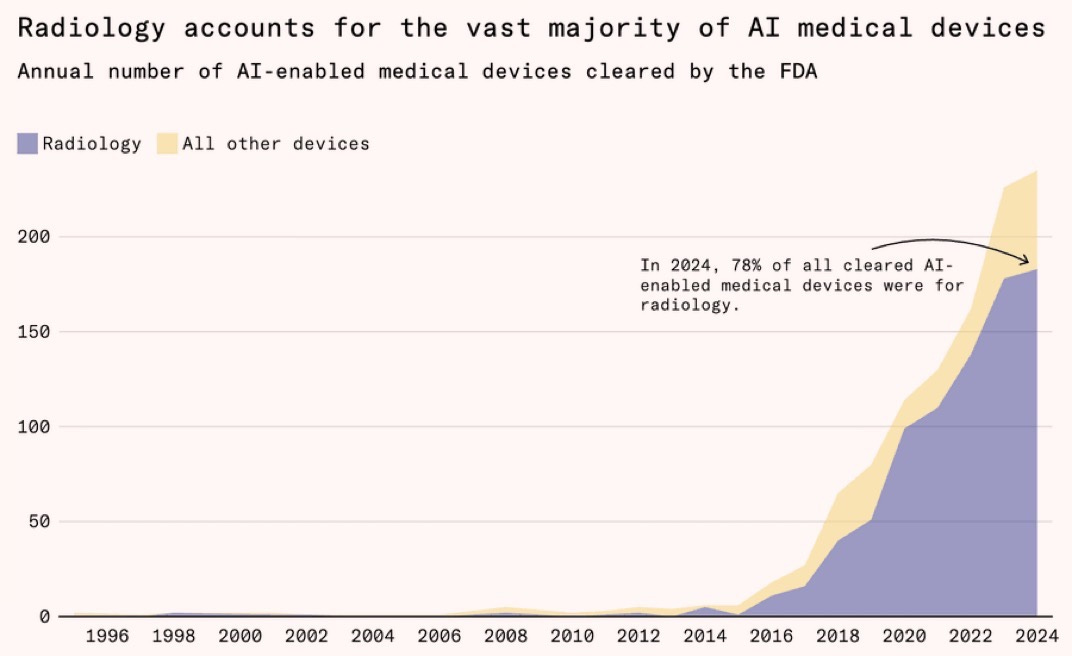Introducing LAYMAN
The Generalist’s Almanac
Everywhere you look, the story is AI and robotics. A lot of what you hear sounds like dystopian fairy tales—the end of work, the rise of the machines. Fun to read; not very useful. Beneath the noise, a quieter truth is unfolding: the structure of how we work and spend our time is changing. Because a world that once rewarded a lifetime devoted to one task will now reward people who are curious, see across fields, and lean on human strengths—judgment, taste, relationships, and clear communication. Machines will dominate the narrow tasks that demand deep specialization.
Machines have always been specialists; what’s changed is twofold: power and control.
Power: AI systems (software + computers) and robots can now run long chains of complex steps with very low error, and they’re improving at a breakneck pace. Give a machine a narrow, well-defined job and it drills it to near perfection. It can also carry the work end to end: a stack of documents scanned in seconds, key facts pulled, a response drafted, forms completed, next steps queued. In the physical world, robots lay out, measure, and repeat with steady precision.
Control: And now we can steer these specialist machines with plain language—short prompts or full sentences—typed on a phone or keyboard, or spoken aloud as a voice command.
In short: computers and robots can now execute multi-step tasks, over and over, with error rates that keep dropping. That is the structural shift.
My remix above of the classic evolution image asks a simple question: did our evolution take a pit stop at the desk? Maybe the next step is getting back on our feet—talking to tools while we do the parts only humans do well.
That’s the shift that favors generalists. A specialist is a scalpel—perfect for a precise cut. A generalist is a Swiss Army knife—built for changing situations. We still need scalpels, but when technology accelerates change, one fixed skill isn’t enough—the advantage belongs to people who learn quickly, communicate clearly, and connect fields.
Generalist = Someone who knows enough across fields to connect them, follow curiosity, and create freely.
Where the pressure is highest (at a glance)
Admin, ops, accounting, HR: about 28.9 million people in the U.S. (office/administrative plus business/financial roles). These jobs run on forms, data, and repeatable processes—software automates those first.
Legal support and lawyering: about seven years to become a lawyer (four years of college, three years of law school) plus bar prep. AI already drafts contracts, reviews documents, and speeds up research.
Construction: around 8.3 million employed. Automation now helps with layout, tying rebar, laying bricks, mapping a site, and checking progress.
Medicine (training vs. tech): surgeons often train 13+ years after high school. Radiologists complete a one-year internship and a four-year residency, often with a fellowship. Pharmacists typically spend six to eight years earning a degree.
What AI and robotics are doing now:
Imaging: AI screens for cancers faster and, in many programs, more accurately than human-only reads—and reduces the time doctors spend reading scans end to end.
Surgery: robot-assisted systems handle more of the precise movements, so fewer hands are needed on the instruments and there are fewer slips from fatigue.
Pharmacy: prescription-safety tools check the full record, flag risky drug combinations, and suggest safe doses—cutting medication mistakes.
Many predict medicine will become solely oversight-driven, with doctors reviewing and approving AI and robotic work rather than regularly practicing medicine.

This is where Layman comes in: a place to learn where complex ideas become simple, so you can learn faster and become more versatile for a future that favors generalists.
Each week, you will receive a research-driven article that roams widely, spanning science, history, business, technology, the arts, and everyday life. Communicated with clarity and brevity. It is free and will always be free.
Subscribe to The Generalist’s Almanac and get the first issue next week.
Stay curious. Stay human. Have fun.


